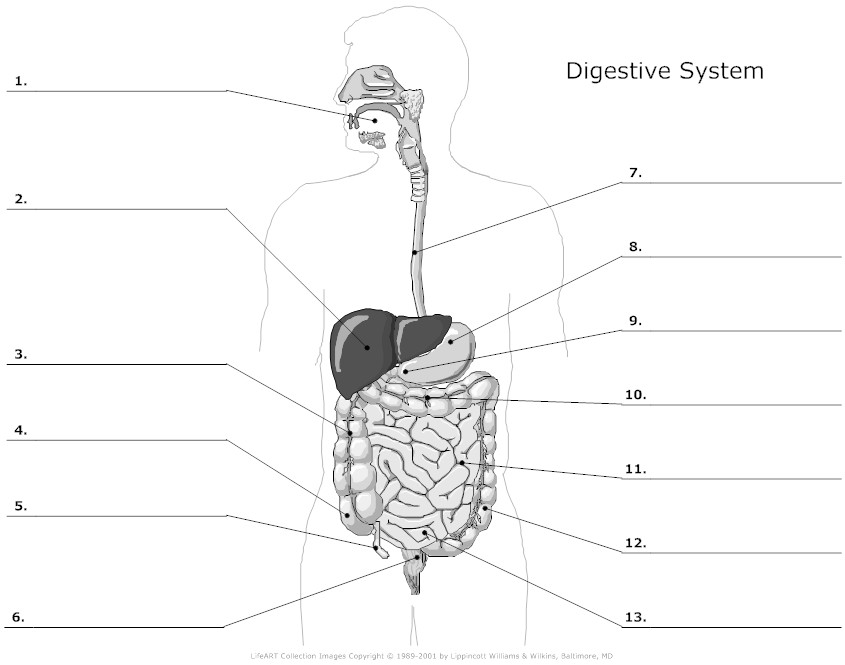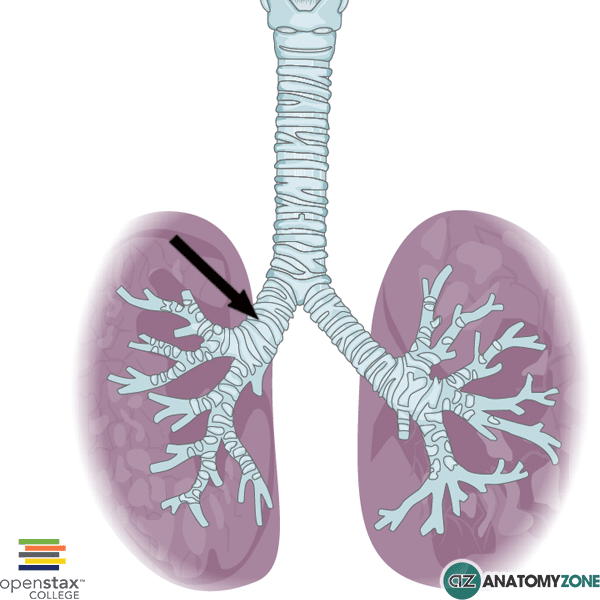Circulation
Label the apex and base of the heart
base is the top (flat surface)
apex is the bottom (point)
Label the base and apex on the lung

base- bottom
apex- top
F(x) of the Urinary System
Exocrine vs Endocrine
Exo; ducts
Endo; bloodstream
Name the Leukocytes from most abundant to least abundant
Neutrophils
Lymphocytes
Monocytes
Eosinophils
Basophils
function of SA Node
pacemaker
Vocal Cords are found within this structure
Larynx
Define Ureter vs Uthrea
Ureter: Kidney to Bladder
Urethra: Bladder to External Environment
Label the alimentary canal


The only two fluid connective tissues within the body
Blood and Lymph
the phrase "tugging at the heartstrings or tugs at your heartstrings" refers to the ______ ________of the heart
Chordae Tendineae
Two key differences within the Left Lung
Two lobes
Cardiac Notch
Type of Tissue that lines the Bladder
Transitional Epithelium
Name the three parts of the Small Intestine
-Duodenum
-Jejunum
-Ileum
Blood is composed of _______ & _______
Plasma & Formed Elements
The pulmonary ______ bring back __________ blood to the heart while the pulmonary ________ take _______ blood to the lungs
veins; oxygenated
arteries; deoxygenated
Label primary, secondary, and tertiary bronchi


Urine flow within Nephron
Glomerulus --> Glomerulus Capsule --> PCT --> Loop of Henle --> DCT --> Collecting Ducts
This organ is the only organ that is exocrine and endocrine, name its functions for each
Pancreas
exocrine; Produces substances (enzymes) that help with digestion
endocrine; Sends out hormones that control the amount of sugar in your bloodstream
Name the three branches the Aorta branches of into at the Aortic Arch
BCT (Brachiocephalic Trunk)
LCCA (Left Common Carotid Artery)
LSA (Left Subclavian Artery)
Name blood flow through the heart and list structures
Right Atrium --> Tri. Valve --> Right Ventricle --> Pulmonary SL --> Pulmonary Arteries --> Lungs --> Pulmonary Veins --> Left Atrium --> Bi. Valve --> Left Ventricle --> Aortic SL --> Aorta --> IVC/SVC --> repeat
The two types of alveolar cells and function
T1: gas exchange
T2: surfactant production
Blood Flow in Kidney (start from Aorta)

Hormones produced in the pituitary gland
- Adrenocorticotrophic hormone (ACTH)
- Thyroid-stimulating hormone (TSH)
- Luteinising hormone (LH)
- Follicle-stimulating hormone (FSH)
- Prolactin (PRL)
- Growth hormone (GH)
- Melanocyte-stimulating hormone (MSH)
Name the two types of Lymphocytes, where are they found, and function
T- Cells; Thymus; attack tumor cells
B- Cells; Bone marrow; make antibodies